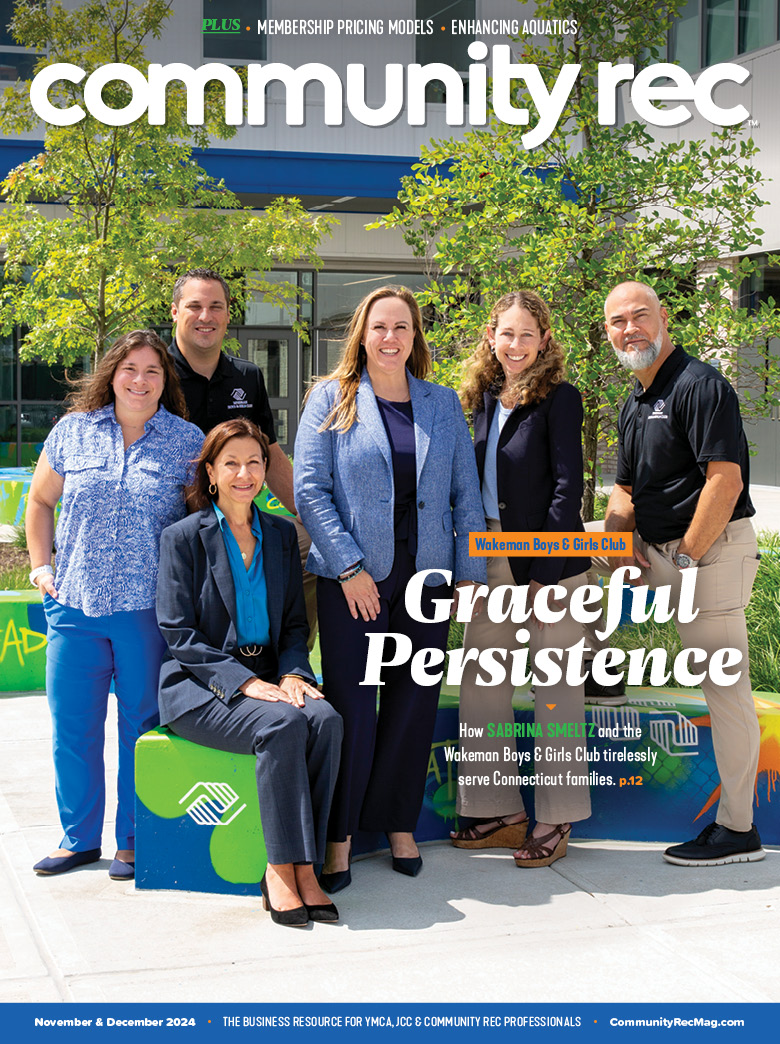Daniel Paulsen, the CEO of Employment Screening Alliance, shares the future of background checks and their value to nonprofits.
There are three general areas where background checks are of value to nonprofits:
The first is their importance in the interviewing process. The same information obtained in a background check was always part of the hiring interview. Except now it is much more organized, as well as easier and faster to obtain. This allows an organization to say yes to the right applicant before others are able to make a decision. This also means a better chance of successfully hiring good people, and not losing them to other organizations.
The second area of value is assisting the HR manager in meeting their requirements to stay compliant at all levels of government regulation. A good screening company will do just that — from providing advice on some points, to delivering forms required to complete various searches, and having a working relationship with different government agencies. A good background checking company will help your HR department carry the burden created by these government obligations.
The third point of value is in lowering costs associated with the hiring process. When an organization has a good screening policy in place it can lower the insurance costs since the result is less bad hires. This amounts to less legal expenses and fewer payouts due to suits originating from a bad hire. Nonprofits are always searching for dollars and many organizations will opt for a cheap search, or the bare minimum number of searches, but a good screening program will be worth the money spent. This is an industry where you get what you pay for.
In the near future of background checks, three things are expected:
1. Price increase. The screening industry has consumed most of the price lowering factors technology has provided the industry over the past 10 years, now leading to higher pricing. Government regulation is going to continue to get more involved, leading to more regulatory cost.
2. More technology. Technology will continue to provide the industry with new formats, platforms and devices. This will lead to faster turnaround times and more accurate data.
3. New searches. Searches will look to current behavior or be continuous in nature. The social media search is the first of this era. Instead of providing historical information, it will review and flag content in four business related categories: violence, illegal activities, sexually explicit material and racist, sexist or discriminatory behavior. The search is now Fair Credit Reporting Act compliant and covered or used under many organizations’ morals and ethics clauses. The other type of search starting to be used more often is the continuous profile where an applicant’s profile is continuously placed on order and activated if a driving or criminal action occurs.
For more information and to get a free trial, call 866.830.3724 x 803, email info@esascreening.com or visit esascreening.com.










